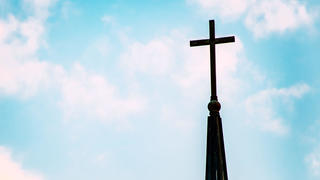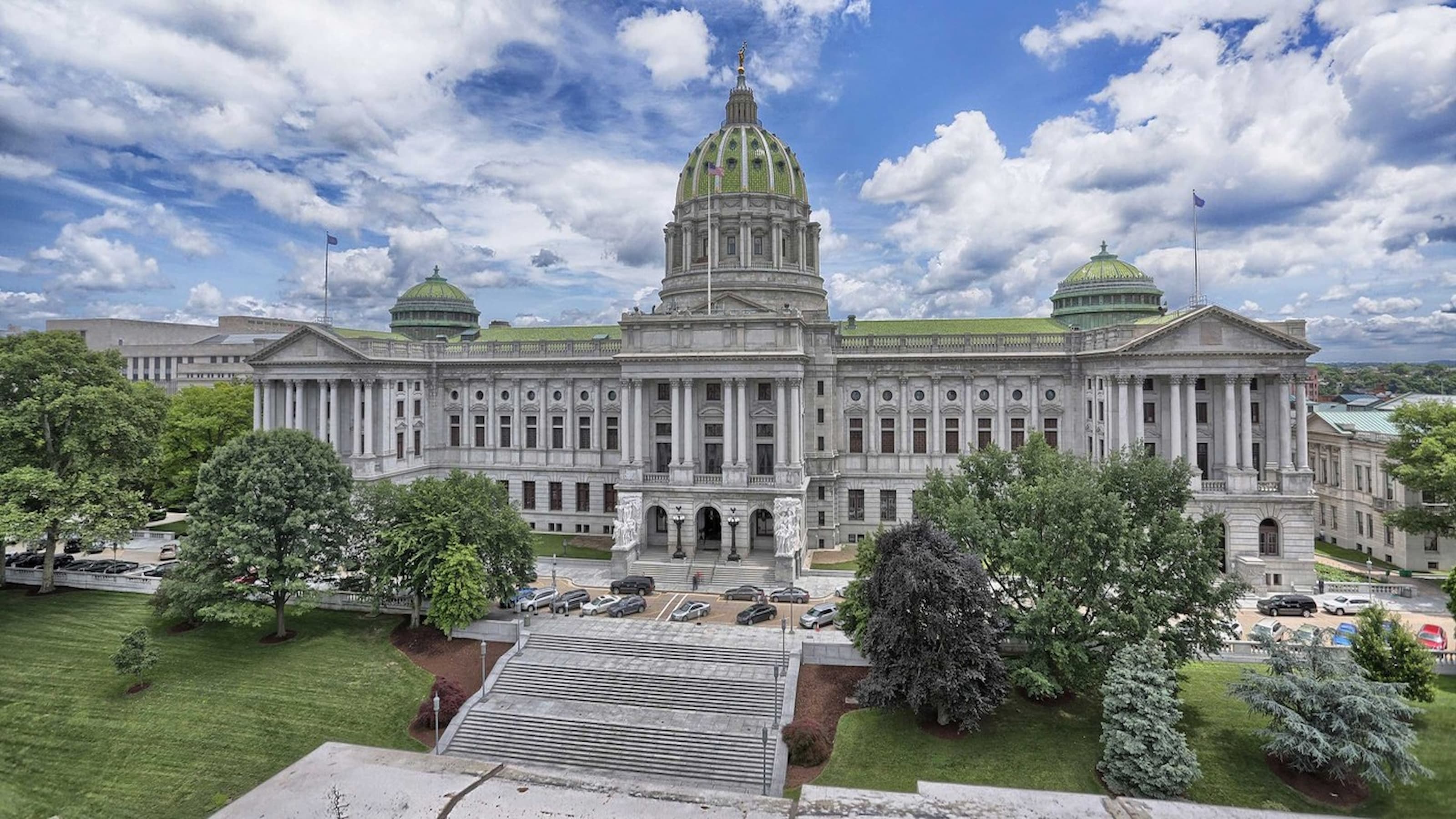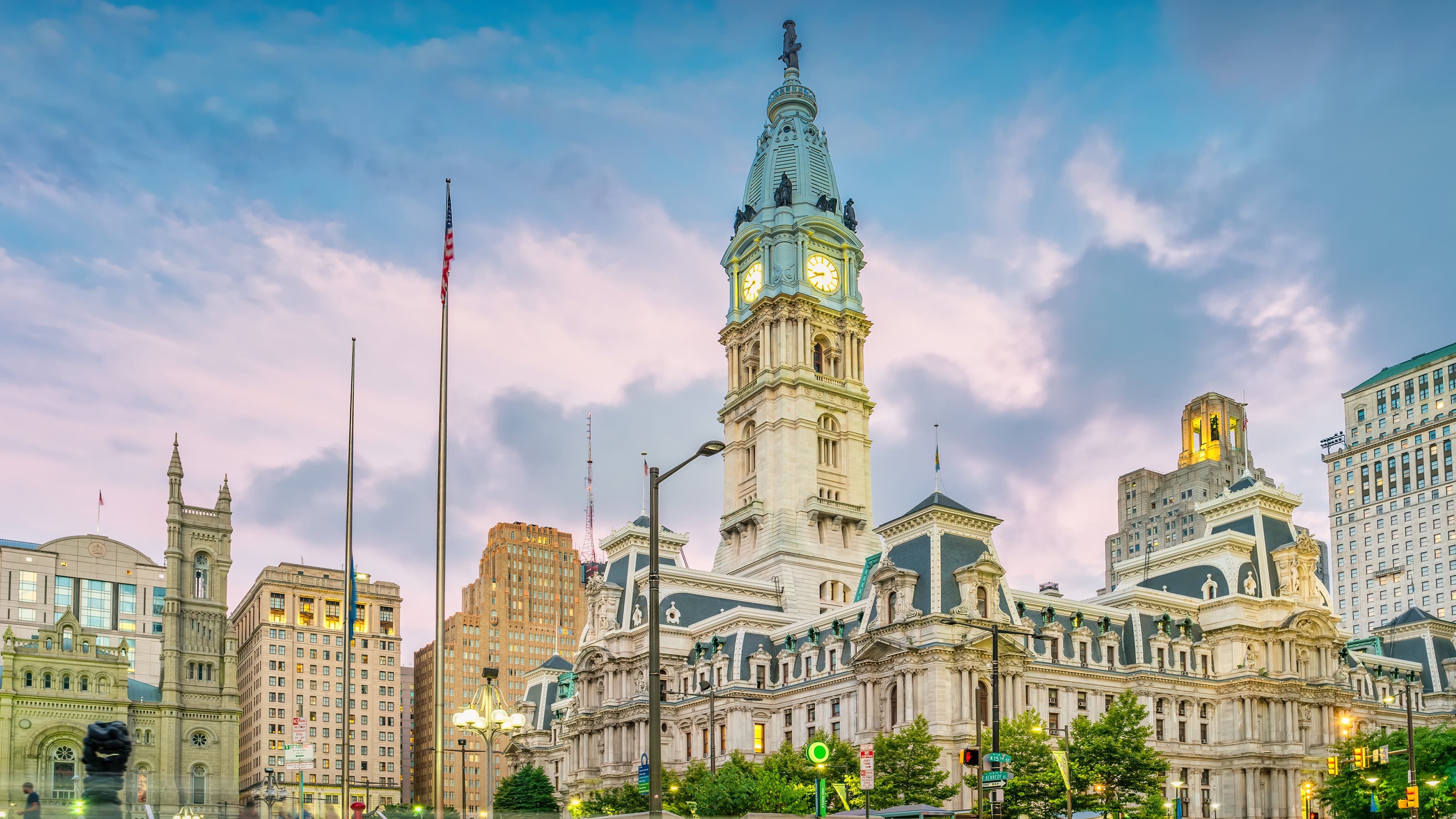The Importance of Faith in Times of Crisis
Saint Joseph’s religious leaders and experts reflect on how the quarantine can serve as an opportunity to connect virtually, contemplate God’s will and strengthen our faith and humanity

In times of crisis and uncertainty, many people look to religion for guidance and consolation. But the COVID-19 pandemic, which resulted in physical distancing across the country and world in recent weeks and months, has made even the most common displays of faith more complicated.
For religions in America and abroad, the pandemic has necessitated a rethinking of how to worship, and many churches, synagogues and mosques have halted their public services to stop the spread of COVID-19. The timing of the pandemic in April was particularly difficult for faith leaders and congregants to determine how to observe Easter, Passover and the start of Ramadan.
We asked three faculty members from the Department of Theology and Religious Studies at Saint Joseph’s University to tell us how worship and expressions of faith have changed for different populations – including Christians, Jews and Muslims – during the quarantine.
Philip Cunningham, Ph.D., professor of theology and the director of the Institute for Jewish-Catholic Relations, wondered about the physical interactions of Easter week in the Catholic Church, such as receiving communion, or the washing of the feet during Holy Thursday mass. “What does it say about the ability to celebrate [rituals] and Christ’s example of befriending others and being of service, when you’re in an empty building?”
On the topic of serving others, professions such as nursing and medicine and supply chain industries have elevated the ideal of service at a time when it’s needed most, he says. “We should be thanking the people who stock grocery shelves, deliver mail and deliver food. There are now elements of risk in doing the ordinary, mundane tasks that deserve people’s gratitude. It has made us aware of things taken for granted, dismissed as mundane and pedestrian. We in the West aren’t used to having our lives interrupted, so this makes us value the everyday ordinariness more.”
Human connection is also a fundamental part of expressing one’s faith, and it is manifesting in new ways. Cunningham noted that the coronavirus quarantine has changed the way people celebrate religious holidays with family and friends. “When we have to physically distance, there’s a greater sensitivity that we miss being physically together,” he observes. “The internet is serving as a way to have conversations you wouldn’t normally have when physically with someone. On Easter, I Zoomed with several relatives in England whom I wouldn’t have seen under normal circumstances.”
Umeyye Isra Yazicioglu, Ph.D., associate professor of theology and religious studies, also spoke of how online experiences have changed the way people interact with each other. “Coronavirus has opened conversations about faith and religion, more so than had there been no virus,” she notes.
When we have to physically distance, there’s a greater sensitivity that we miss being physically together.”
Philip Cunningham, Ph.D.
Professor of theology and Director of the Institute for Jewish-Catholic RelationsYazicioglu’s weekly Quran study ordinarily consisted of about four members, but that number has increased to about a dozen since transitioning to Zoom, she reports. Likewise, online lectures and discussions with spiritual scholars that she frequents have doubled or tripled in participation.
Muslims may also use this time for soul-searching, Yazicioglu explains. “There is an Islamic belief that everything happens with divine will and wisdom. How noble are we as creatures, that we might forget that we’re dependent beings and don’t have self-sufficiency? We’ve done so many grand things, like landing on the moon and on Mars. But this tiny virus has put us in our homes. We need to recognize we’re vulnerable, we took God’s blessings for granted, and we don’t have control.”
In times of crisis, Muslims are encouraged to ask forgiveness from God. “It’s a time to reflect on how we may be abusing our powers,” Yazicioglu says. “It’s time to notice mistakes. To wake yourself up because you’re missing your priorities.” She explains that asking forgiveness for complacency is important. “Maybe on a collective level, in a larger scheme, things are going wrong and you’re complacent. You should ask forgiveness. You can also ask forgiveness for others.”
Rabbi Abraham Skorka, Ph.D., visiting university professor, addressed the much larger question of why this global disaster is happening. “Pain leads us to ask things about God and His behavior toward human beings,” Skorka says. “For many people, this is a time of suffering. Not having the possibility to see your family and loved ones – that is suffering. And some have actually lost loved ones.” The Book of Job in the Hebrew Bible is devoted entirely to suffering, he notes. “The most important lesson we can learn from this book is that we cannot absolutely understand the ways of God, and it is forbidden to try to explain. Pain is part of our lives. It’s a reality. We cannot ascribe motives to God as an explanation.”
Skorka says our current condition is an opportunity to spend some time in silence, so that we may hear the voice of our conscience. “Silence is a great element in Jewish spirituality. God appeared to Moses in silence and solitude. God revealed himself to the people of Israel in the desert and wilderness,” he says, adding that sound provides people an escape from difficult questions including the meaning of life.
In the end, he urges people to remember that everything we receive from God is for good.
“When this pandemic is over, hopefully humanity will have learned something,” Skorka reflects. “And if you are scared, you will always have one thing to face fear: hope. Hope that God will help, and hope that a better time will come.”



